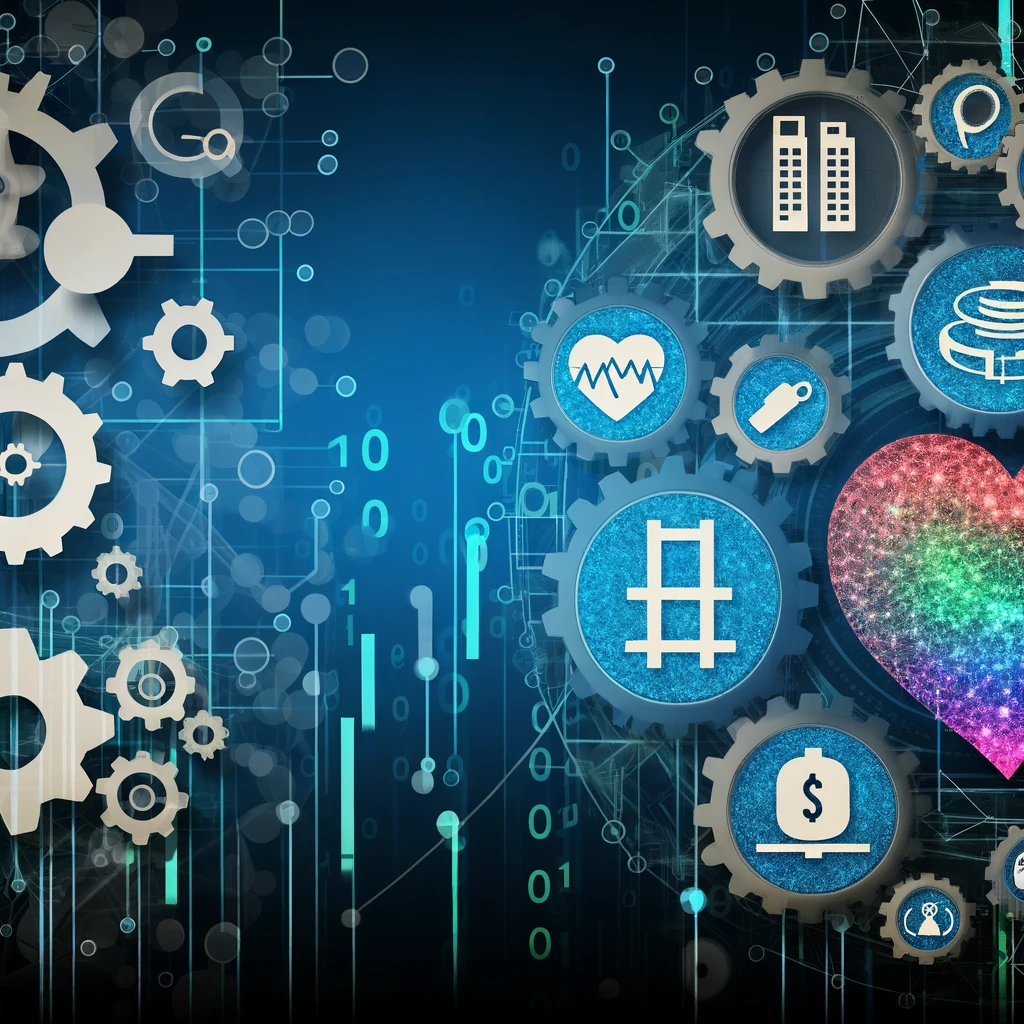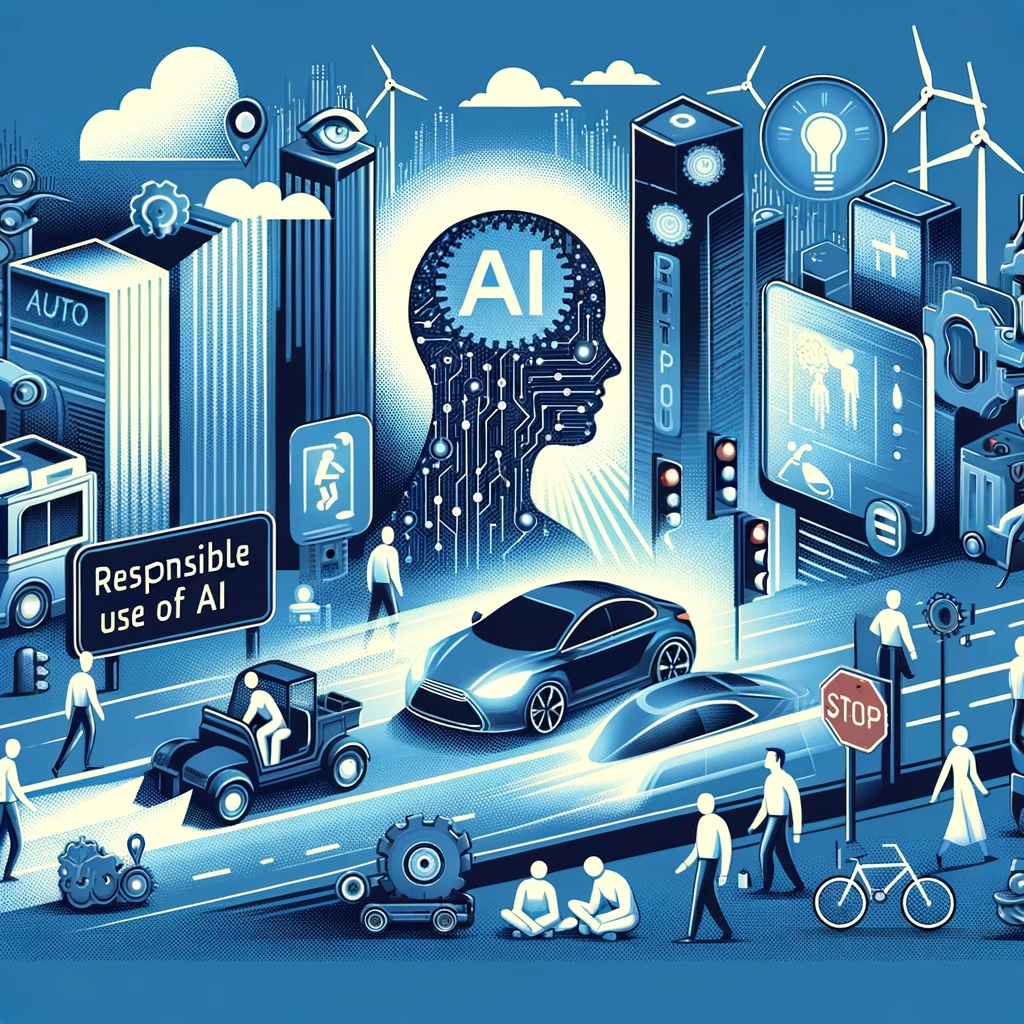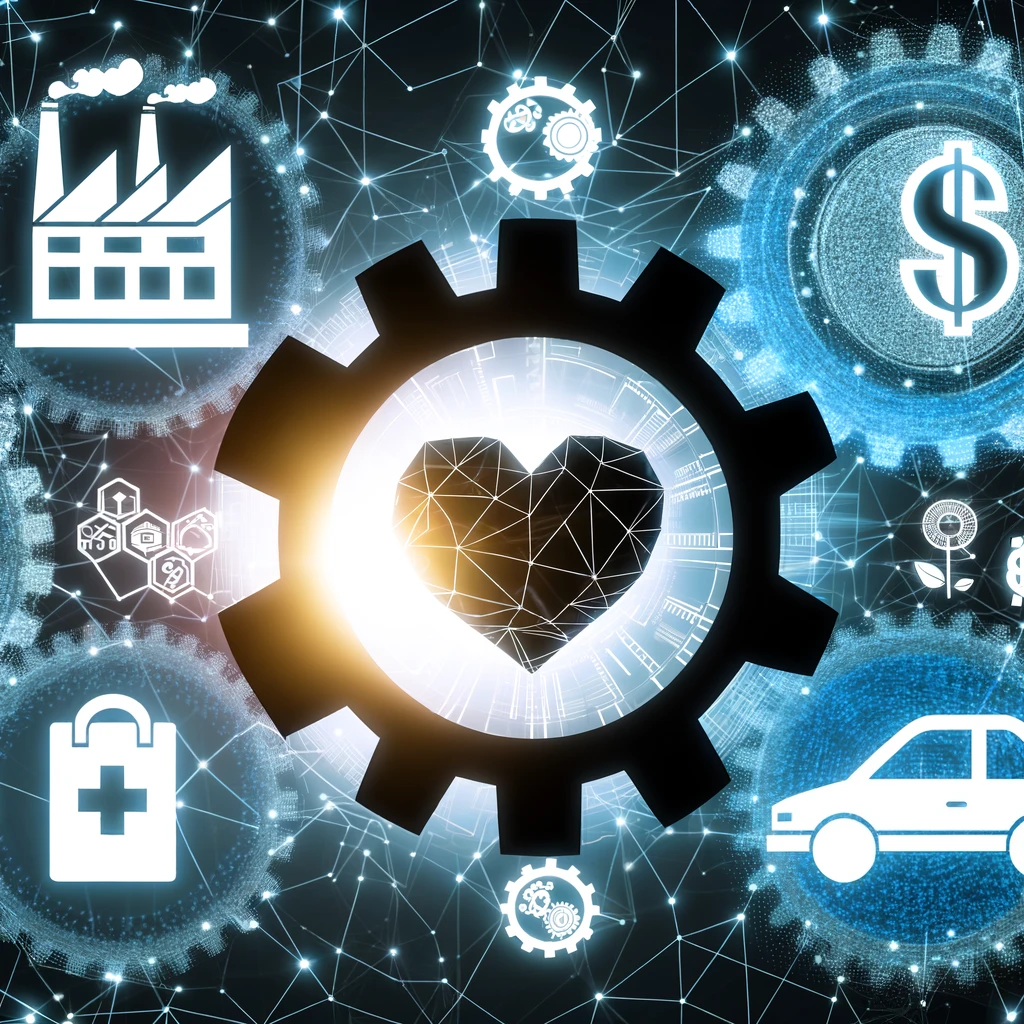Published: September 26, 2025
By: AI Trend Scout
In the ever-evolving world of technology, one term is quickly rising to the top: Auto AI.
By fusing automation with artificial intelligence, Auto AI is redefining how machines operate—giving them the power to not only perform tasks automatically but also learn, adapt, and get smarter over time.
Whether it’s optimizing supply chains, improving patient care, or streamlining customer service, Auto AI is making big waves across industries. So what exactly is it? And why does it matter now more than ever?
Let’s dive in.

🤖 What Exactly Is Auto AI?
At its core, Auto AI (short for automated artificial intelligence) refers to systems that combine AI technologies—like machine learning and natural language processing—with automation tools to handle complex tasks with little to no human input.
Unlike traditional automation, which follows predefined rules, Auto AI evolves through data. It can make decisions, learn from outcomes, and refine its own processes in real time.
Key Benefits of Auto AI:
-
Self-learning and self-improving
-
Faster and more accurate decision-making
-
Scalable across different use cases
-
Reduces the need for constant manual oversight
In short: It’s automation, but a lot smarter.
🔧 The Technologies Powering Auto AI
Auto AI wouldn’t exist without a powerful tech stack. Here are the key components:
-
Machine Learning (ML): Enables systems to learn from historical data and make predictions.
-
Neural Networks: Mimic the way human brains recognize patterns and solve problems.
-
Natural Language Processing (NLP): Allows machines to understand and generate human language.
-
Automation Platforms: Execute processes based on AI-driven decisions.
Together, these technologies create systems that are dynamic, responsive, and intelligent.
🌍 How Auto AI Is Disrupting Major Industries
Auto AI is more than a buzzword—it’s already reshaping the way businesses operate.
🏭 Manufacturing
-
Predicts equipment failures before they happen
-
Optimizes logistics and supply chains
-
Reduces downtime and increases productivity
🏥 Healthcare
-
Analyzes medical images and diagnoses faster than humans
-
Customizes patient treatment plans using real-time data
-
Automates hospital admin tasks, freeing up doctors and nurses
💼 Finance
-
Detects fraud with high accuracy
-
Powers intelligent chatbots for customer service
-
Enhances risk modeling and investment strategies
🛍️ Retail
-
Personalizes shopping experiences
-
Automates inventory tracking
-
Adjusts pricing dynamically based on demand
Wherever there’s data and repetitive processes, Auto AI can step in and improve performance.
⚖️ The Challenges: Ethics, Jobs, and Responsibility
With great power comes… real concerns. Auto AI introduces new challenges we can’t ignore.
🕵️♂️ Privacy & Data Security
How do we protect sensitive data in systems that constantly learn?
🤖 Job Displacement
Will AI-powered automation replace human workers? Or will it free them for more creative tasks?
⚖️ Bias & Fairness
Can we ensure Auto AI systems make unbiased, ethical decisions?
🧭 What’s the Solution?
Responsible AI development. This means:
-
Transparent algorithms
-
Human-in-the-loop systems
-
Regulations and ethical frameworks that evolve alongside the tech
🚀 What’s Next for Auto AI?
Auto AI is still in its early stages, but its potential is enormous. We’re moving toward a world where machines don’t just follow instructions—they think, adapt, and collaborate.
As businesses continue to adopt Auto AI, the focus will shift to scaling intelligently, ensuring fair access, and building trust with users.
💡 Final Thoughts
Auto AI is more than the next step in automation—it’s a leap toward smarter, more autonomous systems that can truly transform industries.
But as with all powerful technologies, its success will depend on


